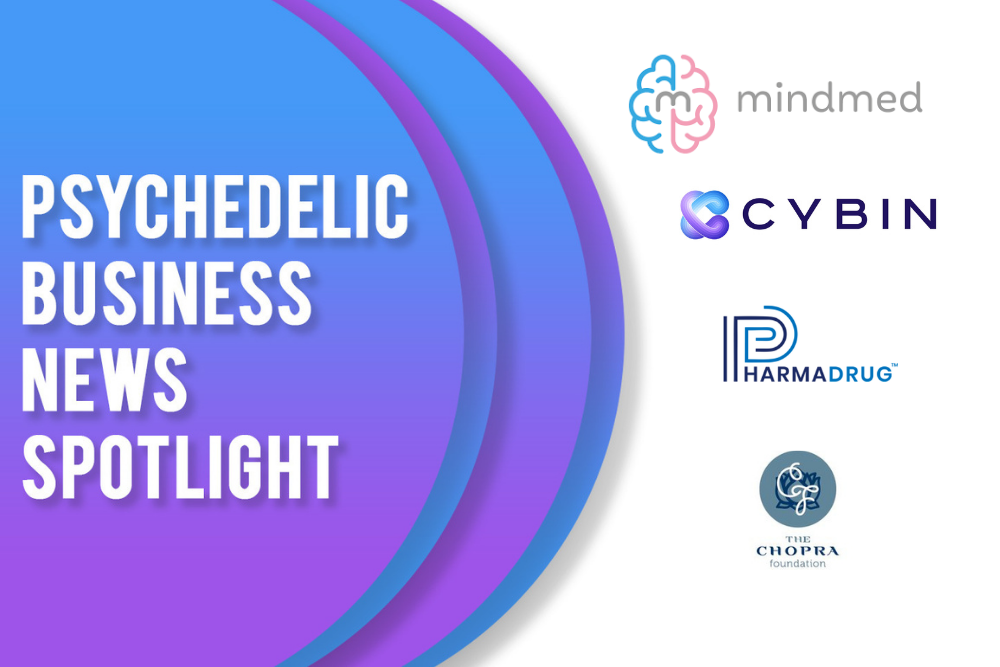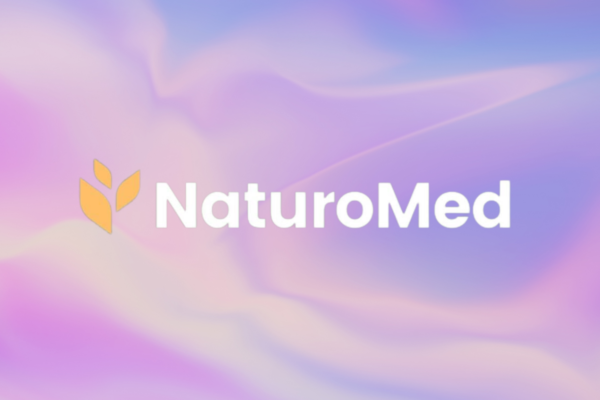
This week in psychedelic business news: Therapists cleared to try MDMA, alternative medicine guru promotes psychedelic therapy, and the Swiss green-light new mescaline study.
On the heels of the recently released trial data showing how MDMA-assisted psychotherapy impressively wiped-out PTSD symptoms after treatment for two-thirds of study participants, the Food and Drug Administration (FDA) announced it is granting clearance to the Multidisciplinary Association for Psychedelic Studies (MAPS) to administer MDMA to certain therapists so they can gain personal insight into the treatment option.
Therapists selected to receive the psychedelic are also being trained to treat PTSD sufferers with MDMA. MAPS originally sought permission from the FDA in 2019 to conduct a clinical trial with therapists, but the agency put the application on a 20-month hold over concerns about risks and the credentials of the therapists. MAPS appealed with evidence of the study’s scientific value, and the FDA ultimately granted permission.
PharmaDrug’s Super Smart division has launched its Slim Winkel brand online retail platform in the U.S., providing functional mushroom products and information with an eye to expanding into psychedelics should they become legal in the U.S.
“This store is the culmination of over two decades of personal experience with plant medicine, including superfoods and functional mushrooms, and I couldn’t be more excited to launch,” said Harry Resin, president of Super Smart, in a statement. “My life has been positively impacted through the consumption of these products and I am thrilled to have the opportunity to share them with the world.”
PharmaDrug’s decision to build and launch the online store stems from a shift in Super Smart’s short-term strategy due to the coronavirus pandemic. Super Smart launched the Slim Winkel brand late last year with plans to build a major flagship superstore in Amsterdam as its new retail concept in early 2021.
Alternative medicine advocate Deepak Chopra and The Chopra Foundation have entered into a partnership with psychedelic biotech firm MindMed to educate and build public awareness of the therapeutic benefits of psychedelic medicine for mental illness.
“I don’t believe psychedelics are a panacea, but I think they have a big role … with PTSD, in mental distress depression, suicide prevention, and much, much more,” he told CNBC’s “The News with Shepard Smith.” He also added that mental distress “is the No. 1 pandemic in the world.”
“Deepak is a thought leader on consciousness, integrative medicine, and wellness,” said J.R. Rahn, CEO and Co-founder of MindMed. “We hope that this letter of intent will allow The Chopra Foundation and MindMed to pioneer new modalities that go beyond the treatment of mental illness to also focus on our overall well-being, both mental and physical.”
MindMed also announced that it received approval by the local Swiss ethics committee to conduct a clinical trial evaluating the acute effects of different doses of the psychedelic mescaline and the role of the serotonin 5-HT2A receptor in mescaline-induced altered states of consciousness. The study will take place at the University Hospital Basel Liechti Lab in Basel, Switzerland later this month.
The trial will explore the mechanism of action of mescaline in humans and aims to characterize the subjective effects of different doses of mescaline using modern psychometric outcome measures.
Mescaline is a naturally occurring psychedelic derived from cacti that grow predominantly in Mexico and the southwestern deserts of the U.S. It is used in religious and spiritual ceremonies by Native American Indians, Mexican, and South American tribes.
Toronto-based Cybin Inc. announced it has filed a new provisional patent application that discloses innovative methods of deploying its psychedelic tryptamine with faster therapeutic onset, reduced psychedelic side effects, and decreased duration of action. Cybin says the application bolsters its portfolio of deuterated psychedelic molecules and analogues, which the company says provide greater stability, better potency, more control over duration, and greater bioavailability than other forms of the molecules.
“By continuing to innovate in directions to enhance the patient experience and reducing clinical observation times, we believe our treatments can decrease costs and increase the capacity of medical professionals in this field, which will promote increased access to these important therapeutics for those in need,” said Doug Drysdale, Chief Executive Officer.
![MindMed Added To The Russell 3000 and The MSCI Canada Index [Where Does MNMD/MMED Go From Here?]](https://psychedelicspotlight.com/wp-content/uploads/2022/06/maxresdefault-124-600x338.jpeg)




